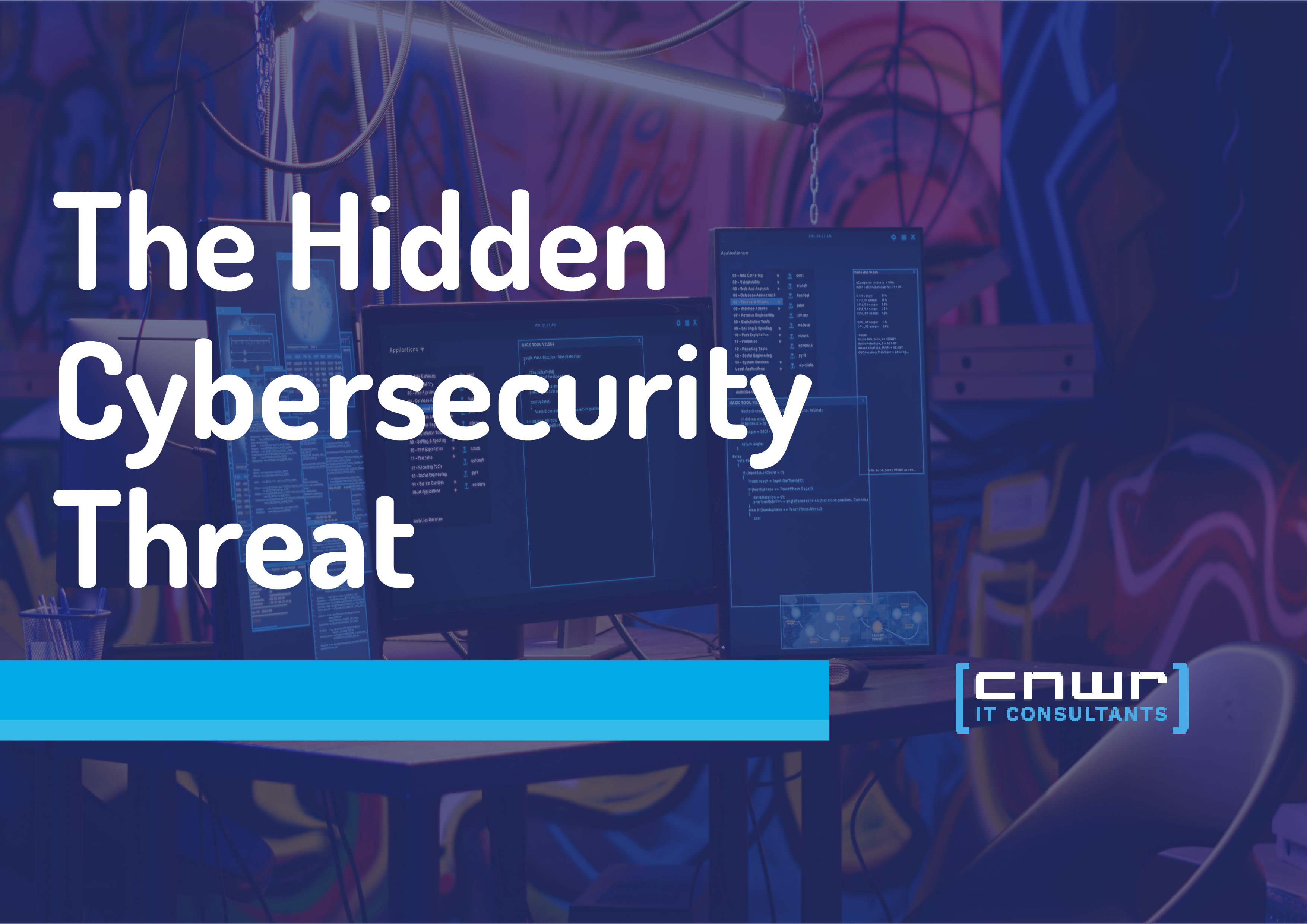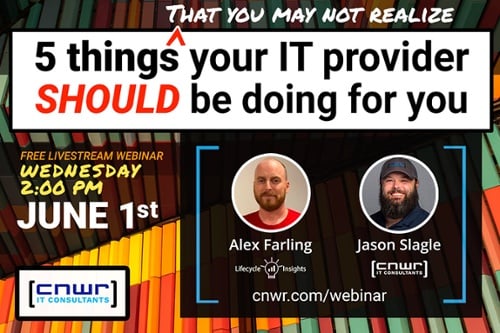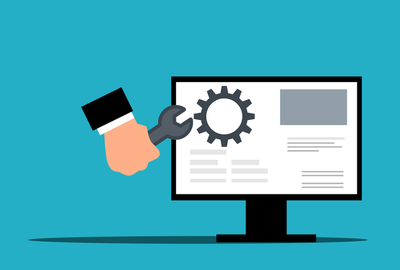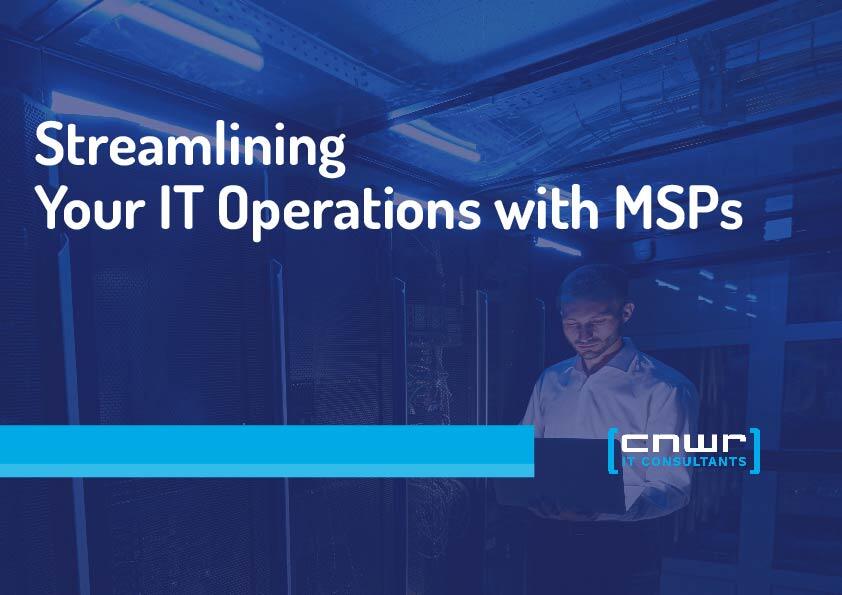While you love our children dearly, it's important to remember that they may not fully understand the implications of their online actions. Don't get it wrong; we’re not saying your child is a cybersecurity risk. But let's be honest; the internet can be a minefield even for the most tech-savvy. So why put your work computer – and, by extension, your professional life – at risk?
Understanding Cybersecurity
Cybersecurity is safeguarding systems, networks, and programs from digital attacks. These cyber threats are designed to access, change, or destroy sensitive information, disrupt normal business operations, or extort money. Regarding your work computer, the stakes are even higher as it contains confidential company data.
The Risks of Mixing Work and Play
- Data Breach
You've probably heard the term thrown around in the news. Big corporations like Yahoo, Equifax, and LinkedIn have fallen victim to these cyberattacks, exposing millions of users' data. Did you know that something as simple as your child playing on your work computer could lead to a similar situation?
Children are naturally curious and adventurous. They love to explore, click on new things, and download whatever catches their fancy. Unfortunately, this curiosity can unknowingly lead them to download malicious software or click on phishing links. These actions can give unauthorized individuals access to your work files in the blink of an eye.
- System Disruption
Kids are naturally curious and love exploring. In an innocently explorative moment, they might accidentally delete a critical file. Or they'll unknowingly disrupt some essential settings. They don't mean any harm, of course. They're just being their naturally curious selves. But the aftermath? It could cause you a world of stress and lead to significant delays in your work.
Imagine explaining to your boss why that big project has been delayed. "Sorry, my kid deleted the files." That doesn't come across as the most professional excuse, does it? And let's wait to get started on the time and effort needed to recover those lost files or restore those disrupted settings. It's a situation that no one wants to find themselves in.
The Consequences of a Bad Move
A single misstep can have far-reaching consequences. Here are some potential repercussions of a cybersecurity breach:
- Loss of Trust
Trust, once broken, is hard to rebuild. Your clients trusted you to protect their data and keep it safe. However, the breach sends a clear message: their trust might have been misplaced. Regardless of how swiftly you respond to the situation, the dent in your reputation might take years to repair.
This loss of trust can lead to a decrease in business. Clients may take their business elsewhere to companies they believe can better protect their data. Potential customers may be deterred from doing business with you after hearing about the breach.
Additionally, a data breach can expose your company to lawsuits. If the leaked information leads to identity theft or financial loss for your clients, they may decide to sue your company for damages. These lawsuits can be costly and time-consuming, further draining your resources.
- Financial Impact
You're not only dealing with the breach's immediate fallout but also staring down potential fines that could soar into the millions. Regulatory bodies don't take such incidents lightly, especially involving sensitive customer information.
But that's not all. There's also the cost of remedying the breach itself. You must bring cybersecurity experts, conduct thorough investigations, and beef up your security measures. All of these require resources—time, personnel, and, yes, money.
And then there's the cost of securing the network after the breach. This involves implementing more vital firewalls, better encryption, more robust authentication processes, etc. It's like rebuilding a house after a storm requires a significant investment.
- Job Security
A single click could open a Pandora's box, leading to a significant data breach. And the scary part? This breach could be traced back directly to your computer. You may not have meant harm, but the repercussions can be severe. The fallout isn't just limited to the company's financial losses or reputation damage; it could also directly impact your professional life.
Disciplinary action could be taken against you. This might mean a stern warning, a black mark on your otherwise impeccable record, or worse, suspension. In dire circumstances, it could even lead to job loss—a harsh reality but one that is increasingly becoming a part of our digital world.
Easy and quick tips to apply
- Separate Devices
Keep your work and personal devices separate. It's simple and effective, and here's why it works wonders.
Firstly, having a dedicated work device helps you stay organized and focused—no more sifting through personal emails or getting distracted by social media notifications during work hours. You have one device with one purpose - work. This direct approach enhances productivity and establishes a clear boundary between your professional and personal life.
Secondly, it significantly reduces the risk of security breaches. Your work device can be equipped with the necessary security measures and protocols to protect sensitive data. On the other hand, your device, used by family members, may not require such stringent security measures.
Lastly, it promotes a healthier work-life balance. By physically separating your work and personal life, you're mentally creating a boundary, too. Once you shut down your work device, you're officially off duty. This clear demarcation helps prevent burnout and gives ample time to unwind and recharge.
- Educate Your Kids
You must explain why our kids can't use our work computers. It's not about restricting their curiosity or limiting their internet usage. Instead, it's about understanding the potential dangers online and teaching them to make safer choices. It's about equipping them with the knowledge that will protect your work and safeguard their online presence.
But how do you do that? How do you translate the complex of cybersecurity into a language your child understands? The key is to keep it simple, relatable, and engaging. Use stories, analogies, and real-life examples to explain malware, phishing, and online privacy. Remember, the goal is not to scare them but to empower them.
Ultimately, it's all about striking a balance between the undeniable benefits of the digital world and its potential risks. It's about creating an environment where children can explore, learn, and grow while understanding the importance of being safe and responsible digital citizens.
- Regular Updates and Backups
Security patches are like the flu shot for your computer. They protect your system from new viruses and malware that could compromise your files or, worse yet, your personal information. Today, those threats are all too real and all too common. It's a scary thought, isn't it? But fear not. Ensuring your computer is always equipped with the latest security patches significantly reduces the risk of falling victim to such cyber threats.
But wait, there's more! Regularly backing up your work files is another habit you should incorporate into your routine. Data loss is a real problem, and it can happen to anyone, anywhere, anytime. Whether due to a hardware failure, a power outage, or even human error, the result is the same: lost time, energy, and resources.
Regularly backing up your files ensures you keep everything, even if disaster strikes. You'll have a safety net, a backup plan (quite literally). This simple step can save you hours of work and stress. Plus, it gives you the peace of mind to focus on what matters: your work.
- Partner with CNWR
CNWR specializes in tailoring customized IT solutions to suit your business needs, ensuring that your company flourishes while giving you the peace of mind you deserve.
CNWR experts can collaborate with your in-house IT team for businesses seeking a steady hand, enhancing your strategic initiatives while providing top-tier support. This partnership ensures you get the best service possible without breaking the bank. On the other hand, if your business still needs constant technical support and access to dependable IT services when necessary, CNWR got you covered, too.
Letting your kids use your work computer might seem like a simple solution to keep them occupied, but it's a risk that's not worth taking. The potential cybersecurity threats and the resulting consequences far outweigh the convenience.





